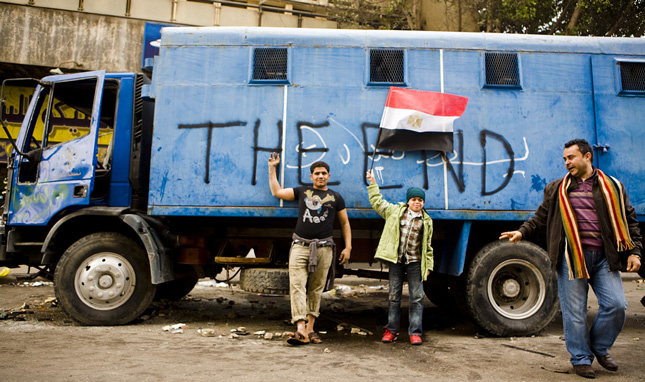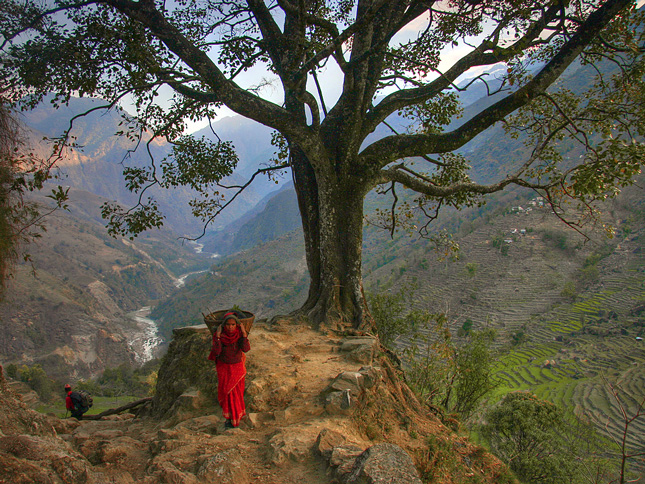-
Arms Are Not Enough: Solutions for the Sahel Must Consider Climate
›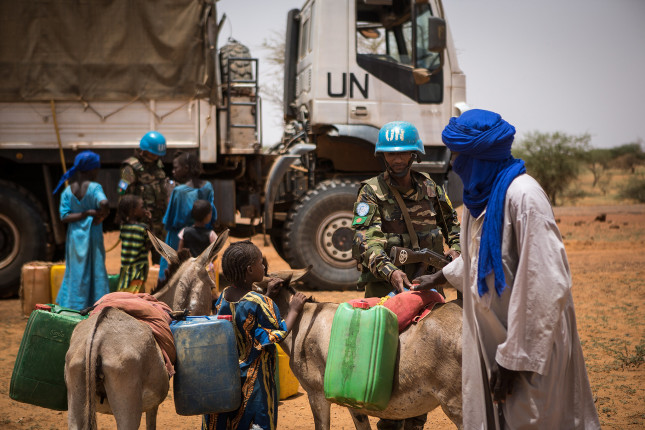
On February 25, Nigeria will begin voting for its new president in one of the most tightly fought elections in decades. And the most likely winner has already set down a marker in his campaign. “You can’t be talking about climate change when people are taking cover from bombs,” observed Nigerian presidential hopeful Peter Obi.
-
Why We Need a Climate Security Course-Correction for Stability in the Sahel
›
Not only is the Sahel highly vulnerable to the impacts of climate change, but it is also one of the regions where climate change is most likely to undermine security and trigger violent conflict. Now more than ever, climate security risks must be effectively integrated into stabilisation and peace operations in order to achieve stability in the region.
-
Why Climate and Conflict Are Shaping the Crises of Our Time (And What To Do About It)
› Humanitarian need is increasing. Crises are becoming more complex through the interactions between climate change, disasters, and conflicts. Not only are humanitarian crises on the rise, but the nature of crises is changing, largely due to climate change-driven extremes such as floods, droughts and typhoons. Over 90 percent of disasters are believed to be related to climate.
Humanitarian need is increasing. Crises are becoming more complex through the interactions between climate change, disasters, and conflicts. Not only are humanitarian crises on the rise, but the nature of crises is changing, largely due to climate change-driven extremes such as floods, droughts and typhoons. Over 90 percent of disasters are believed to be related to climate. -
Combination of Climate Change and Youth Puts Some Countries at Risk of Fragility
›
Climate change and youthful demographics can combine to create security risks in already fragile contexts, according to a new report commissioned by UNICEF UK and co-authored by the London-based research organizations International Alert and the International Institute for Strategic Studies.
-
Re-Thinking Climate Interventions in Fragile and Conflict-Affected States: Insights From Nepal
›
While much of the debate around climate financing focuses on “how much,” an equally important question is “how?”
Showing posts by Janani Vivekananda.


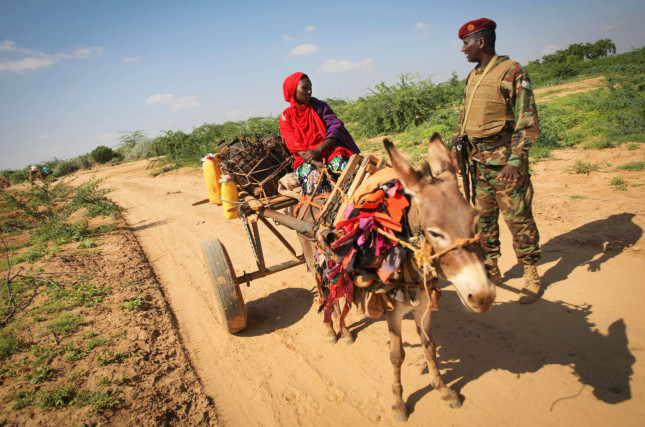
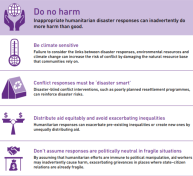 Humanitarian need is increasing. Crises are becoming more complex through the interactions between climate change, disasters, and conflicts. Not only are humanitarian crises on the rise, but the nature of crises is changing, largely due to climate change-driven extremes such as floods, droughts and typhoons. Over
Humanitarian need is increasing. Crises are becoming more complex through the interactions between climate change, disasters, and conflicts. Not only are humanitarian crises on the rise, but the nature of crises is changing, largely due to climate change-driven extremes such as floods, droughts and typhoons. Over 